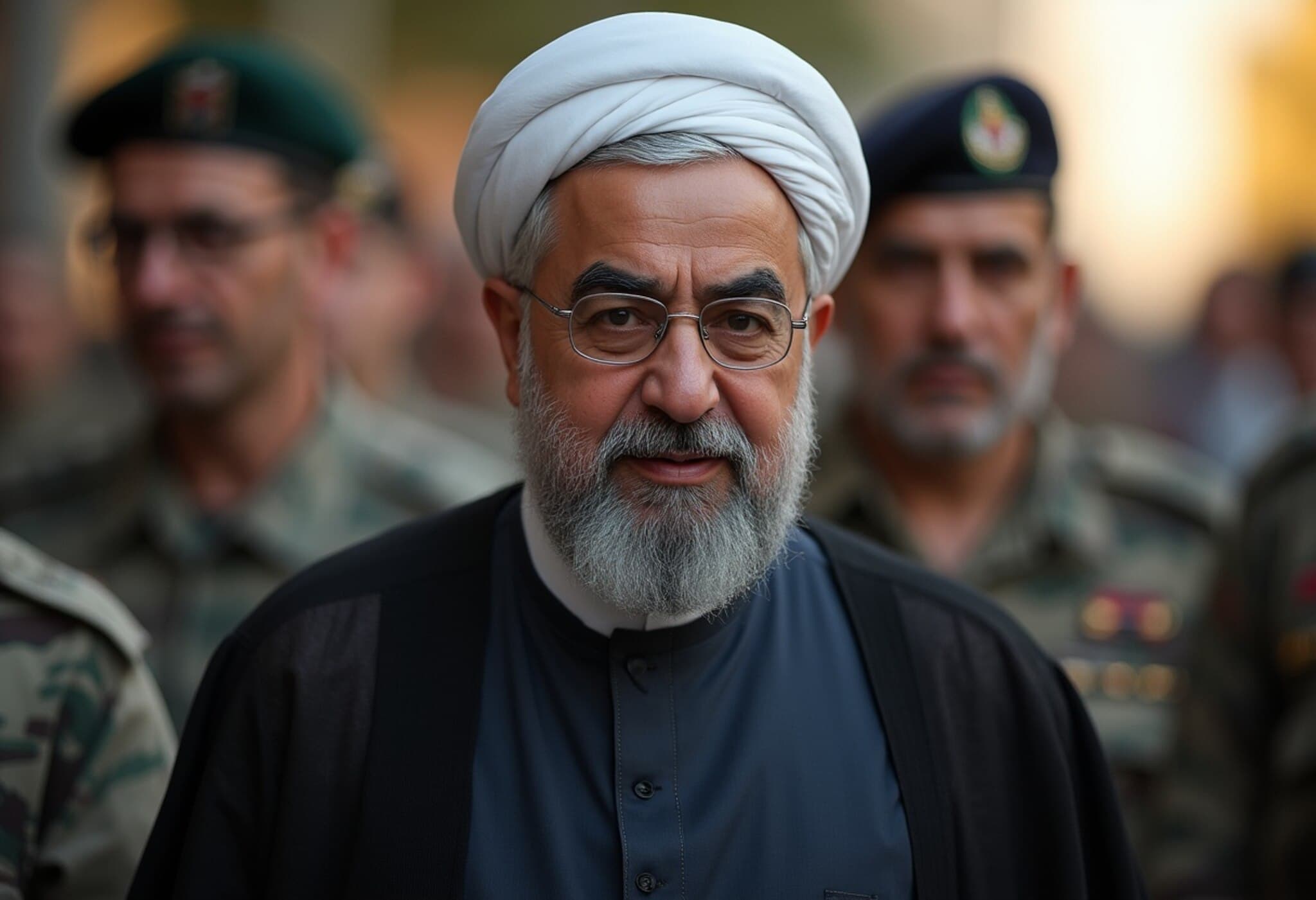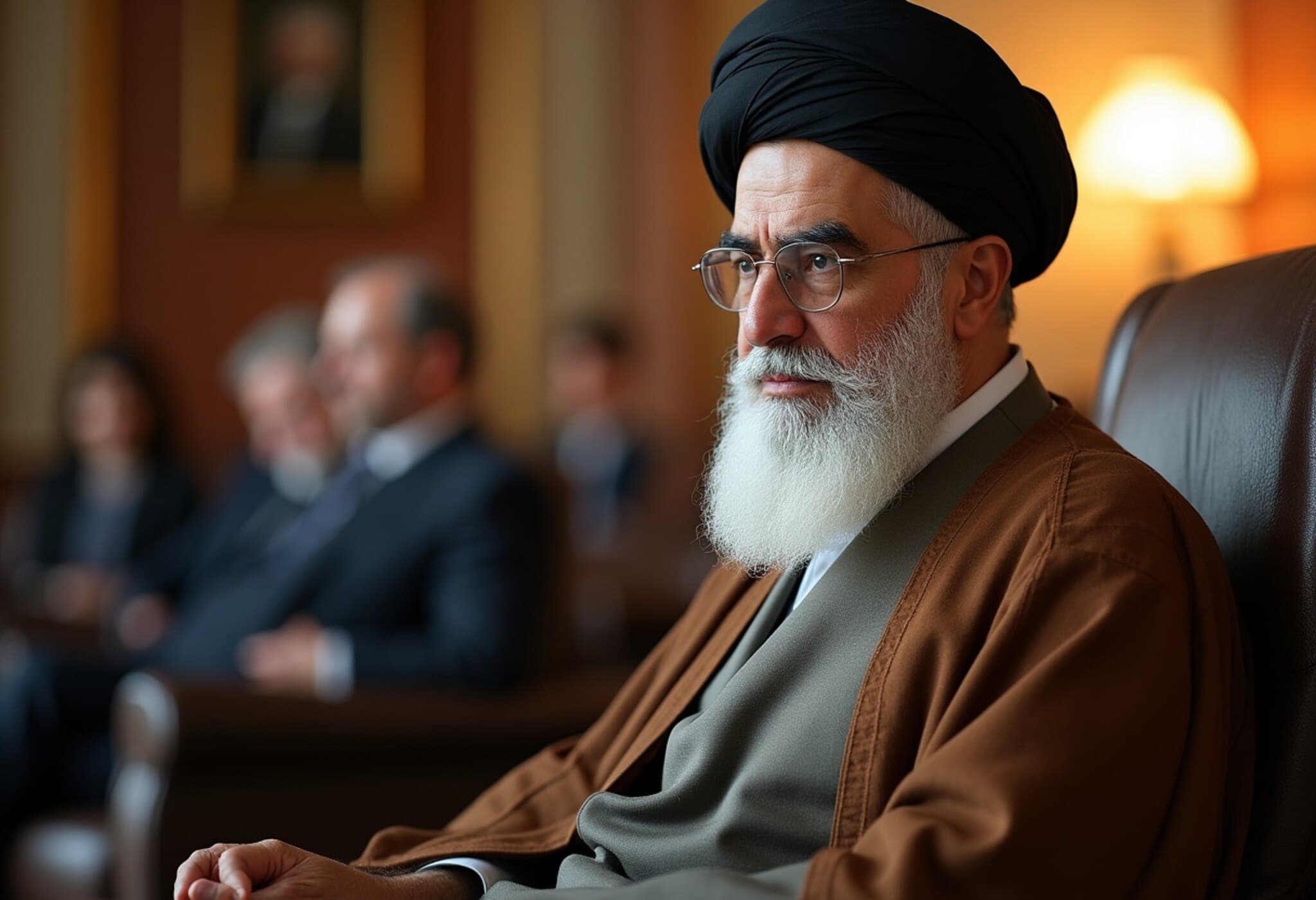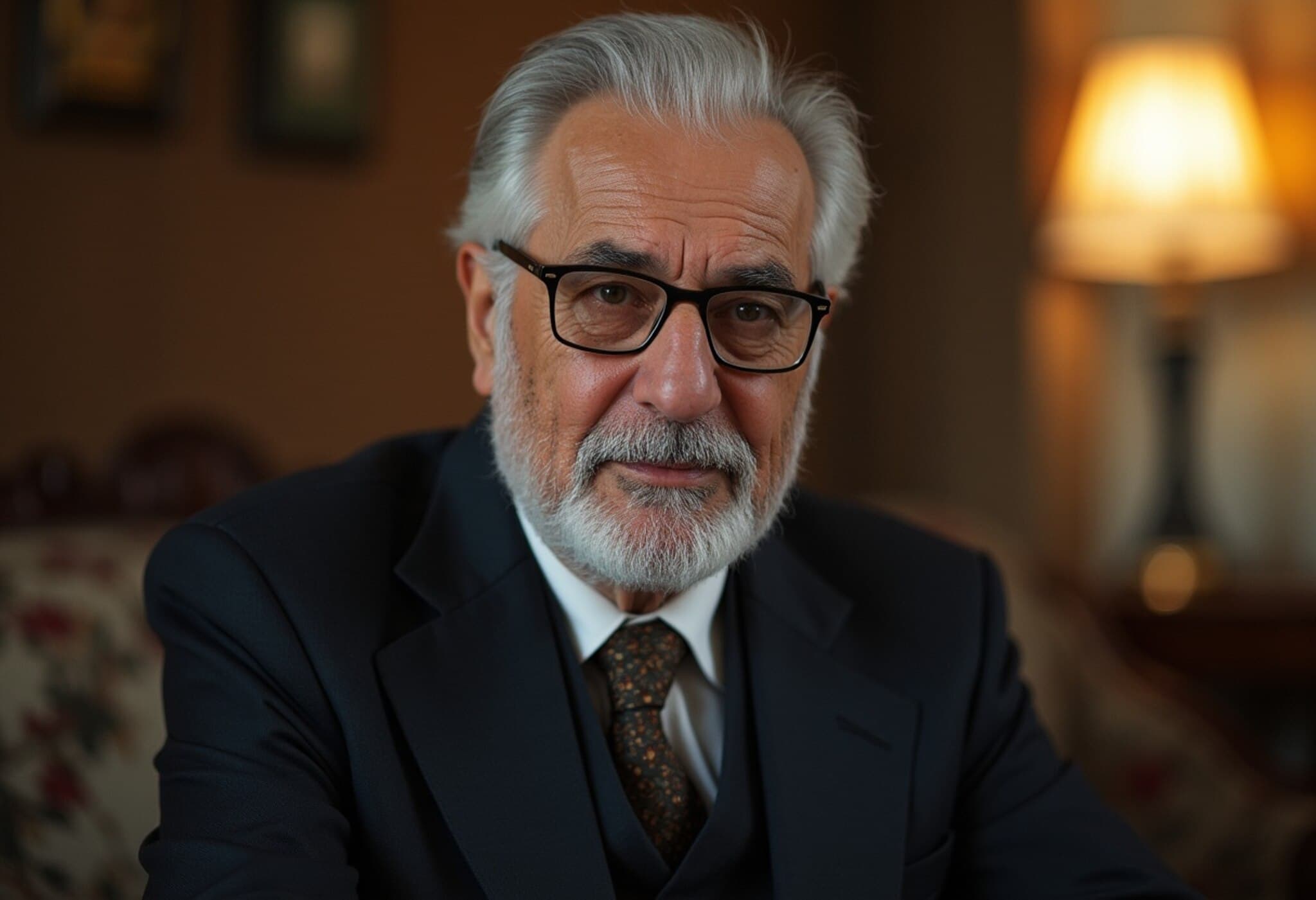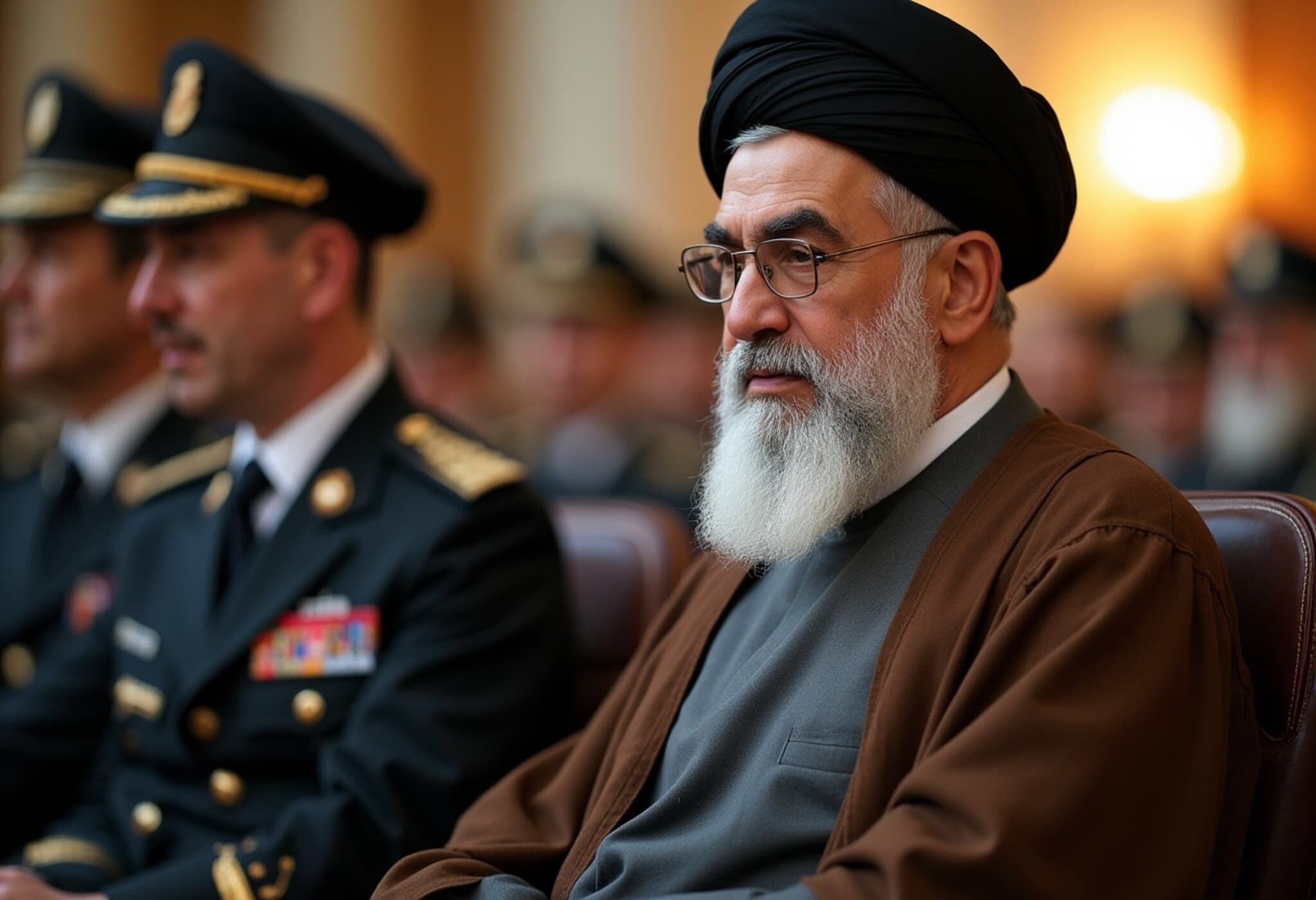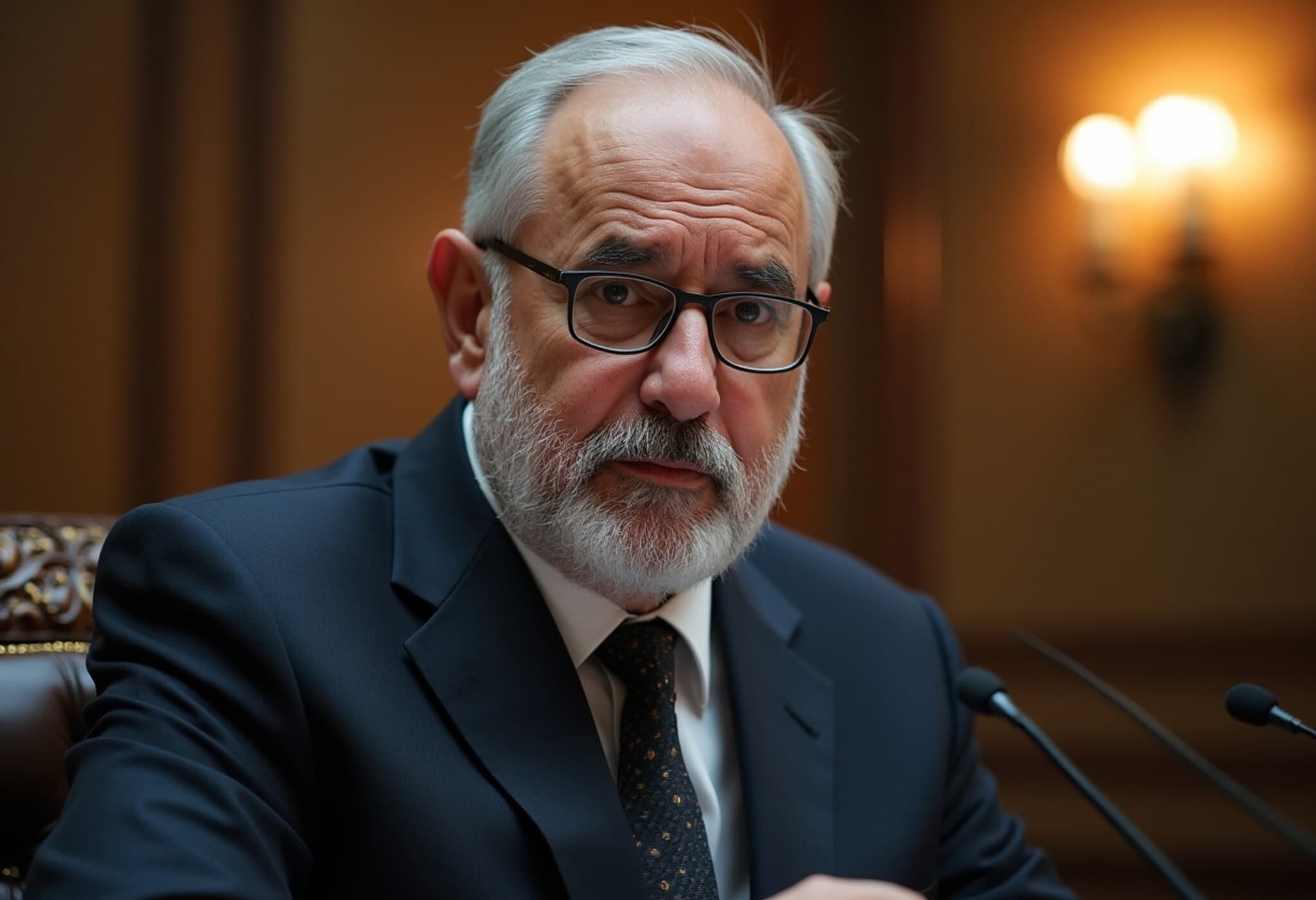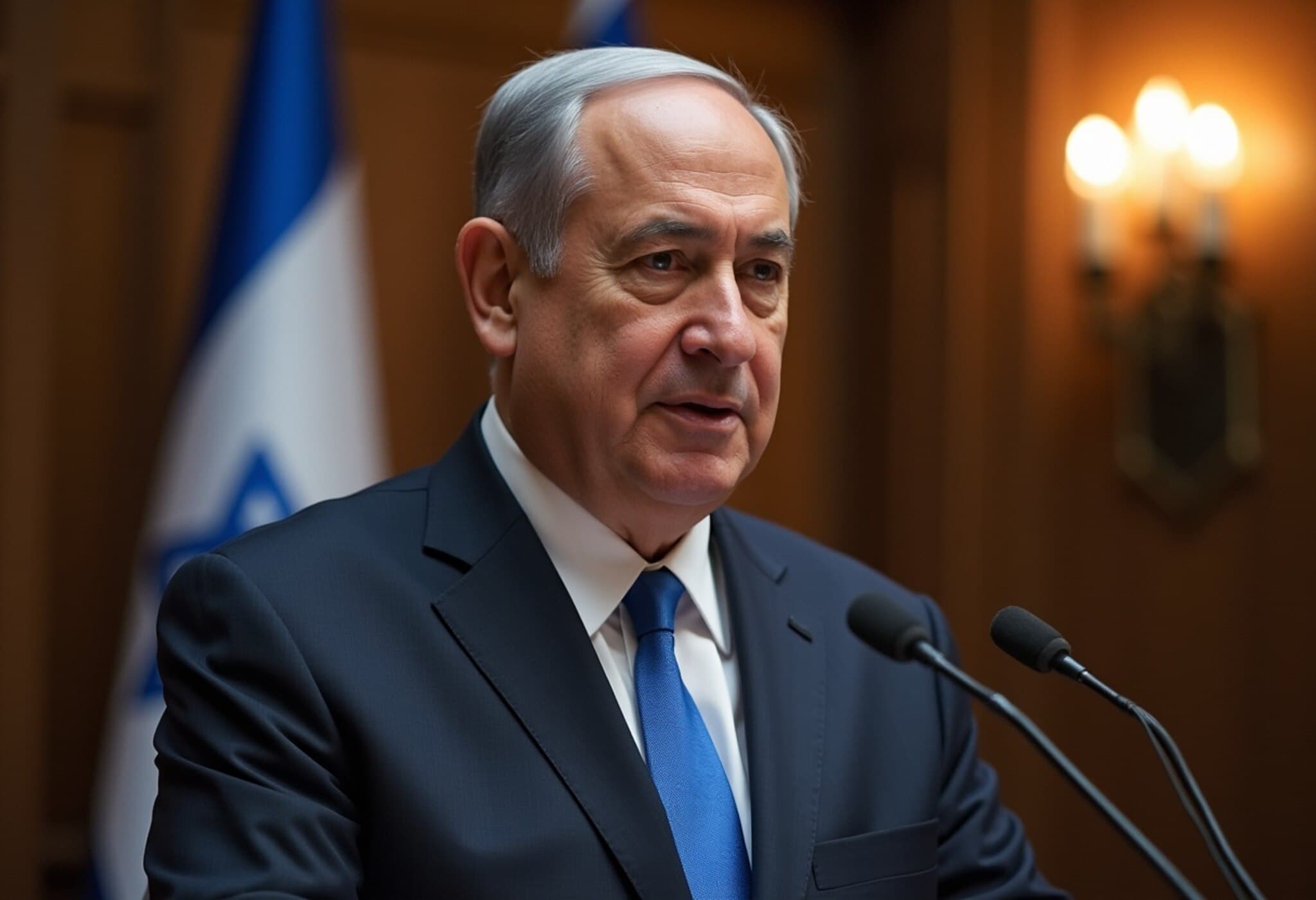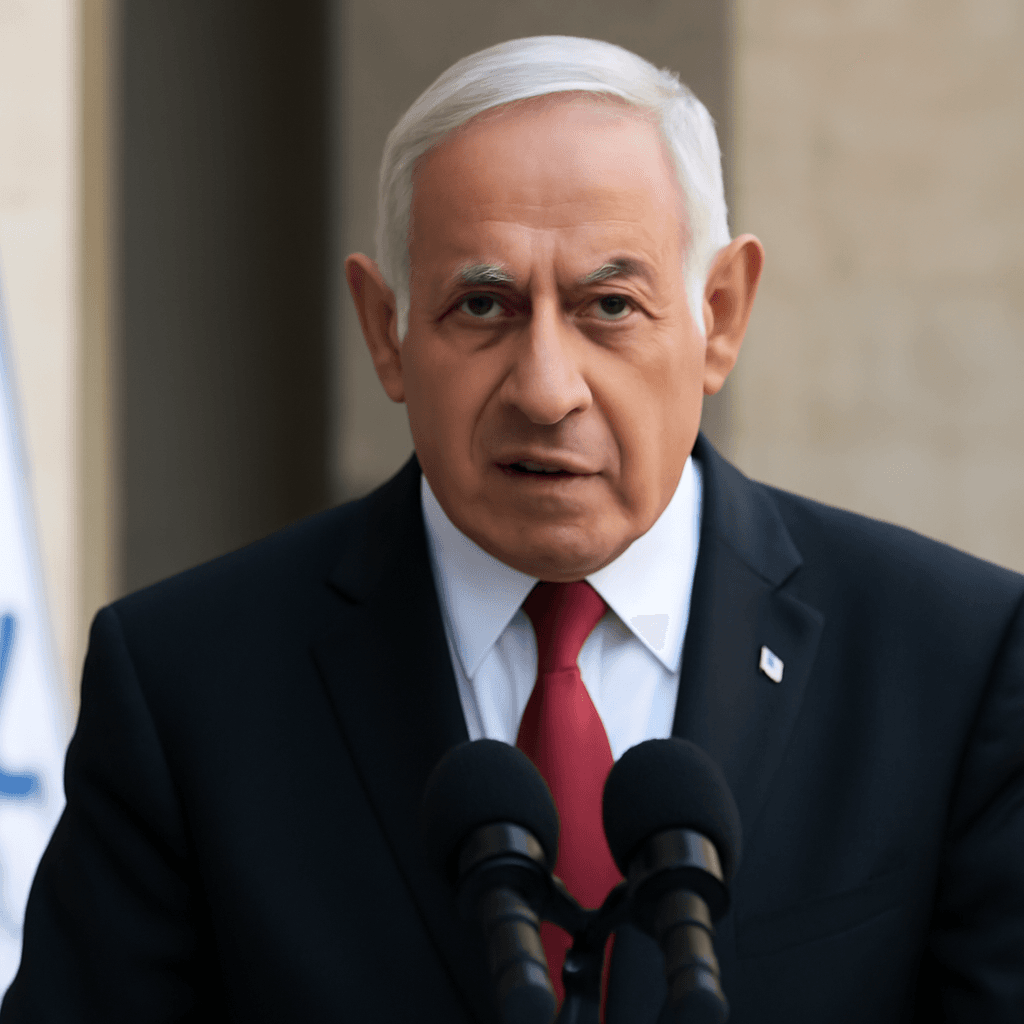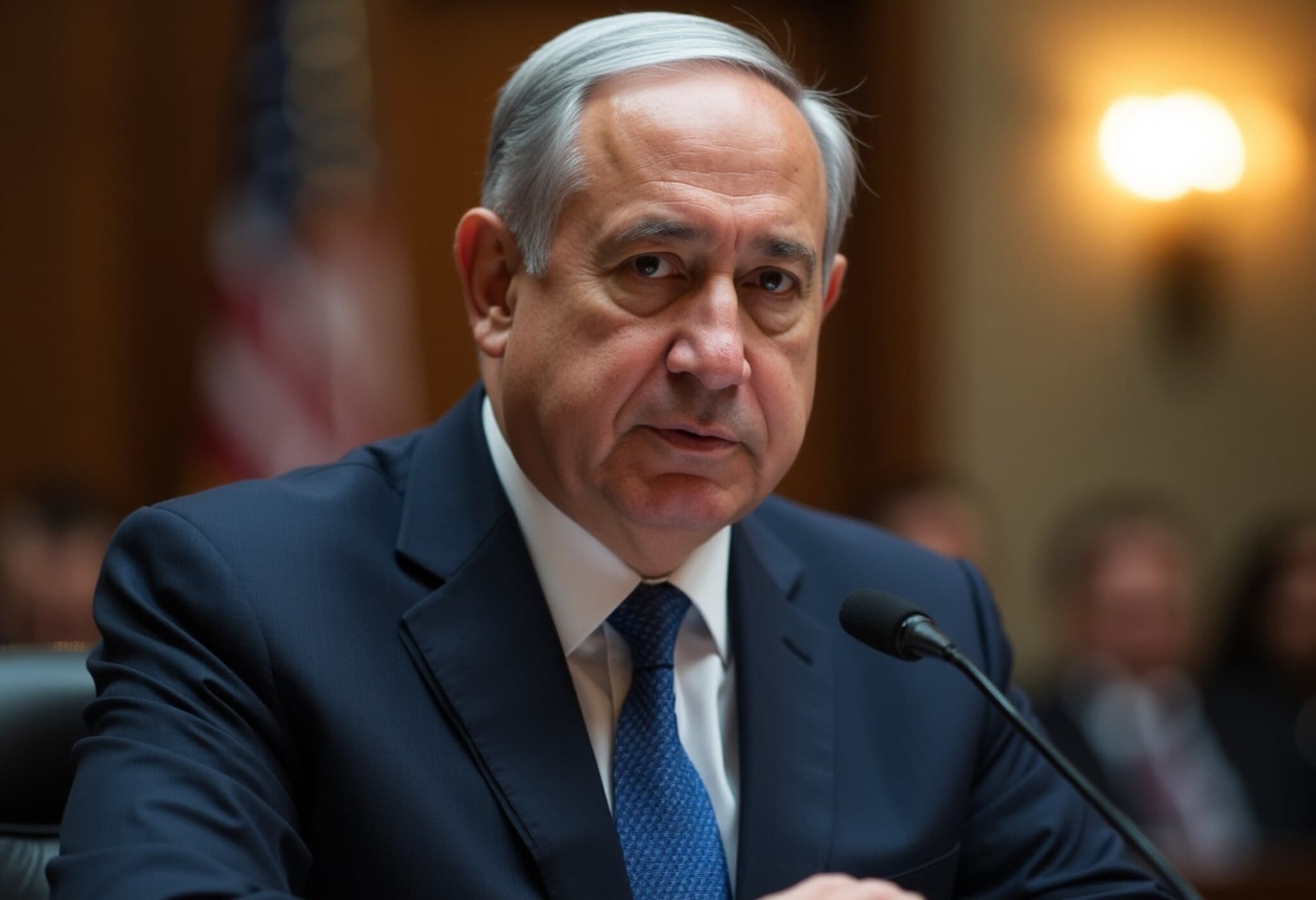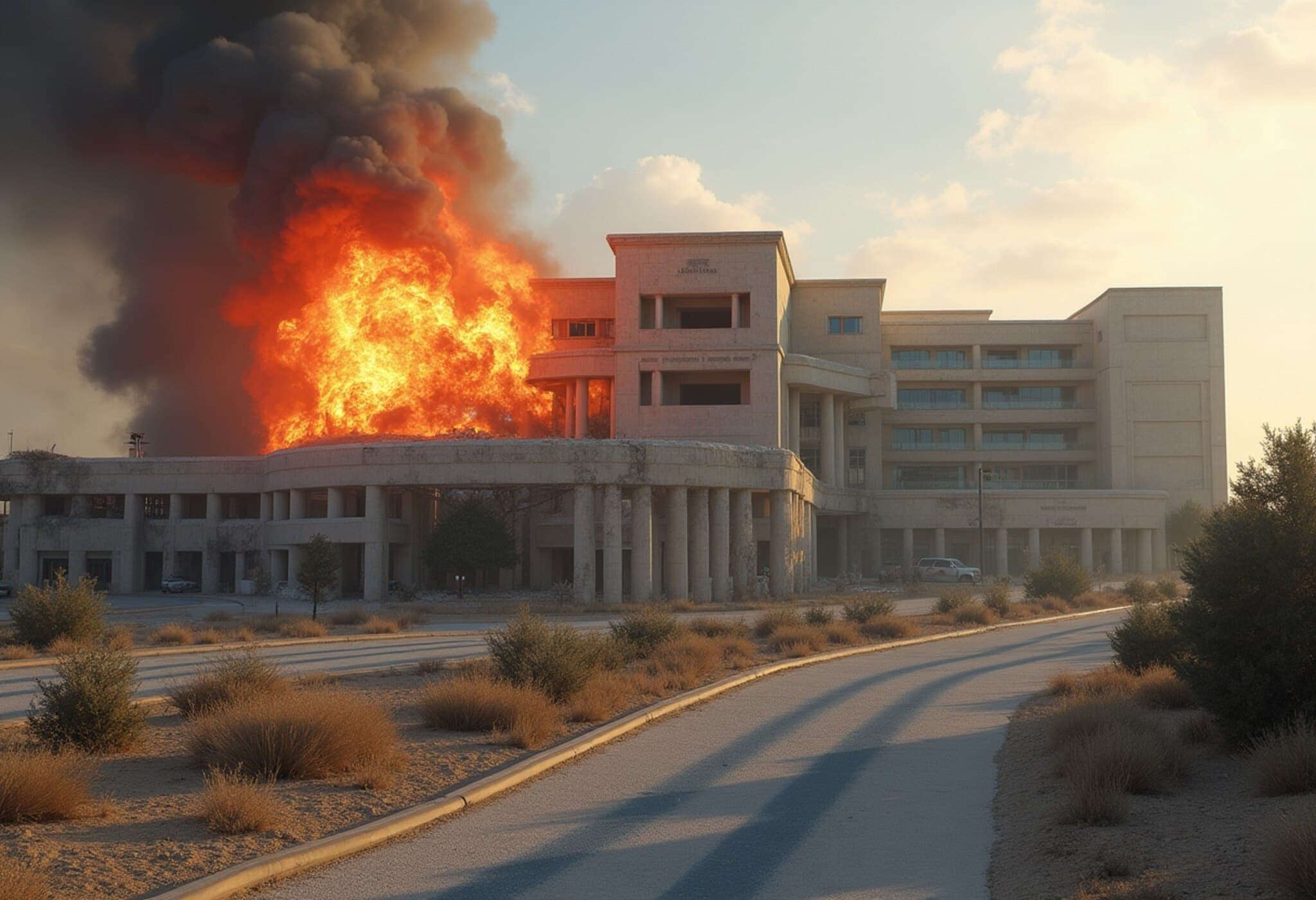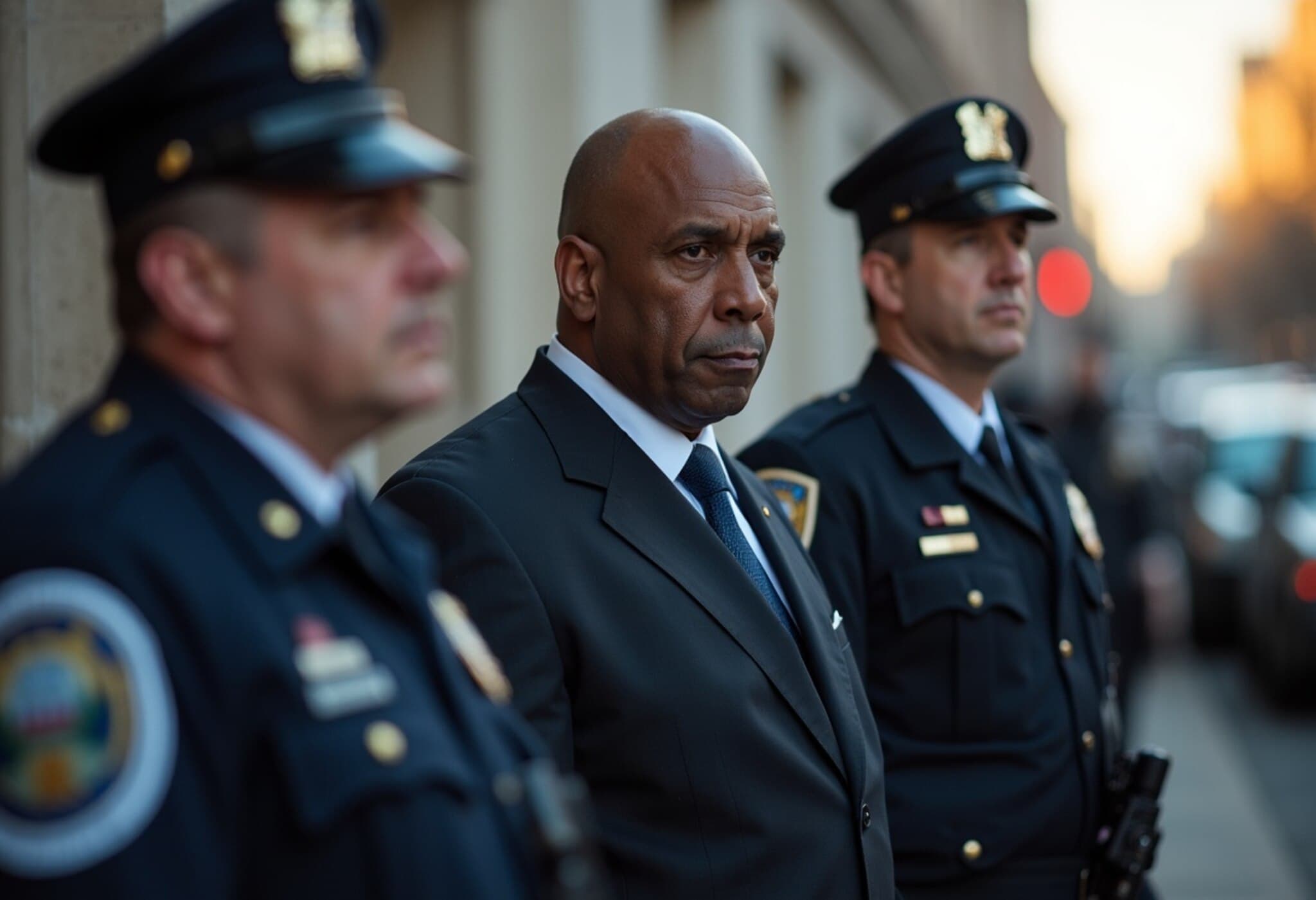Netanyahu's Remarks Spark Controversy Amid War
Israeli Prime Minister Benjamin Netanyahu has ignited a wave of criticism after revealing that the postponement of his son’s wedding is being seen by him as a "personal cost" of the ongoing conflict with Iran. His comments, delivered at the site of a missile-struck hospital, have left many Israelis questioning the tone and priorities of their leader during a time of national crisis.
Drawing Parallels to Historic Hardships
Standing before Soroka Hospital in Be’er Sheva, recently damaged by an Iranian missile, Netanyahu likened Israel’s present ordeal to Britain’s experience during the Blitz in World War II. He sought to place his family’s sacrifice—highlighting the repeated deferral of his son Avner’s wedding due to security fears—within the broader context of national struggle.
"It reminds me of the British people during the Blitz. We are going through a Blitz," he said, emphasizing that his family, including his wife Sara—whom he called "a hero"—has been significantly affected.
Netanyahu acknowledged the tragic losses many families have endured, affirming: "Each of us bears a personal cost, and my family has not been exempt."
Public Outcry Over Perceived Tone-Deafness
Despite the Prime Minister’s intention to express solidarity, his remarks quickly met harsh rebuke from the public and political figures alike. Social media and political commentators accused him of self-centeredness and of being disconnected from the everyday suffering faced by Israeli families amid continued violence.
At least 24 Israeli civilians have died in the conflict so far, while human rights groups estimate that Iranian civilian casualties number at least 263 following Israel’s surprise aerial attack.
Compounding the backlash, reports circulated that Netanyahu was considering taking personal time off for the rescheduled wedding, initially planned for November but postponed twice due to security risks and unrest, including impending anti-government protests.
Voices of Opposition and Grief
Anat Angrest, whose son remains captive in Gaza since last year’s Hamas attack, expressed deep frustration on social media: "I've been in the hellish dungeons of Gaza for 622 days now," she wrote, highlighting the gravity of others’ suffering compared to political delays.
Likewise, Knesset member Gilad Kariv branded Netanyahu a "borderless narcissist," emphasizing the contrast between Netanyahu’s postponed wedding and countless families who have lost the chance for celebrations forever. He also redirected praise from the Prime Minister’s wife to frontline workers, saying, "The heroes are the doctors who leave home for night shifts and the teachers who keep our children together through Zoom and phone calls."
Journalist Amir Tibon echoed the sentiment, remarking, "Even in moments when a personal example is most needed, Netanyahu remains primarily focused on himself."
Amid Crisis, Leadership Scrutinized
As hostilities persist, Israeli society grapples not only with external threats but also with internal confidence in leadership. Netanyahu’s reference to his family’s disrupted celebrations as a wartime sacrifice has highlighted a deep divide between the experiences of ordinary citizens and the political elite.
With tensions escalating and casualties mounting, the public’s call is clear: empathy from leaders must match the scale of national hardship.




